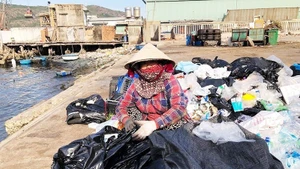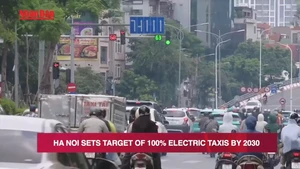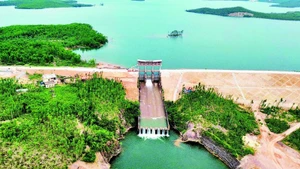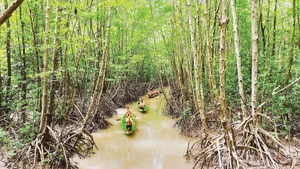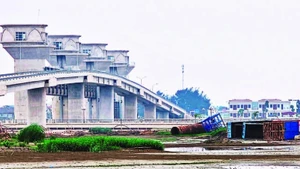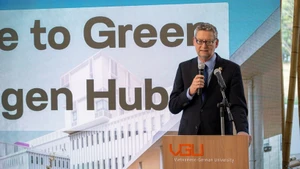A legal corridor – the foundation for action
In practice, every emissions-reduction target will be difficult to achieve without a sufficiently strong legal corridor. The Law on Environmental Protection 2020 set out specific regulations on greenhouse-gas inventorying and emissions reduction. Decree No. 06/2022/ND-CP on emissions reduction and protection of the ozone layer has become a strategic tool for realising the Net Zero commitment by 2050. Decision No. 01/2022/QD-TTg stipulates the list of establishments required to conduct greenhouse-gas inventories, compelling enterprises to proactively fulfil their environmental responsibilities. At the same time, the Green Growth Strategy for the 2021–2030 period and the Scheme on developing the carbon market create a transparent market-based mechanism that both reduces costs and generates financial resources for green technology innovation.
Technology - The driver of emissions reduction
In the process of shaping a low-carbon economy, technology plays a pivotal role. According to the “Overview report on low-carbon technology development needs and the measurement–Reporting–Verification (MRV) Methodology” under the project “Mainstreaming climate resilence and environmental protection for green secondary city development ” (GEF/ADB) of the Ministry of Agriculture and Environment, low-carbon technology is a new concept within the technology system. Low-carbon technology is proposed with the purpose of reducing the amount of carbon dioxide in the atmosphere. Low-carbon technology reduces carbon emissions and promotes economic growth, while also increasing energy consumption levels.
International cooperation and capacity building
No country can go far alone. Viet Nam has proactively participated in international agreements such as the Paris Agreement, while expanding cooperation to access new sources of finance and technology. Public–private partnership (PPP) projects in renewable energy and waste treatment have proven effective as they share both benefits and risks. At the same time, training programmes for officials and capacity-building in greenhouse-gas management have been implemented, helping the state management apparatus meet new requirements. Communication on green lifestyles and sustainable consumption is also spreading widely, creating a foundation of social consensus for strategic policies.
Turning challenges into opportunities
Building a low-carbon economy is not confined to legal frameworks or technology—it is a comprehensive transformation requiring the participation of the entire society. Economic sectors, business communities and each citizen form important links in this collective effort. With vision and determination, policymakers can turn climate challenges into golden opportunities, enabling Viet Nam to advance towards a model of green and sustainable development.
A low-carbon economy will help protect the living environment, enhance competitiveness, attract international investment and ensure a prosperous and safe future for generations to come. This is Viet Nam’s mission and commitment in its journey of integration and development.

